Description
Eventually, due to the deteriorating situation on the front and the ever-increasing risk of the king and his government being captured, the decision was taken to evacuate by air to Greece. In the summer of the 1941 some 220 Yugoslav aviators gathered in Egypt and continued the fight against Axis, this time in the colours of the RAF. This is the full story of their service and combats in the early months of that year.

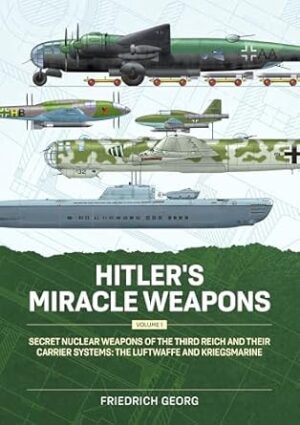


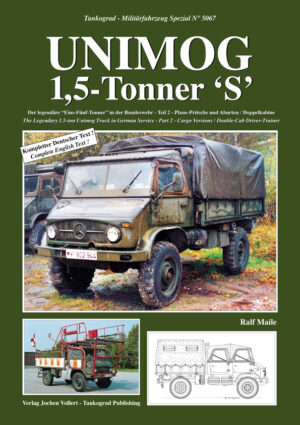

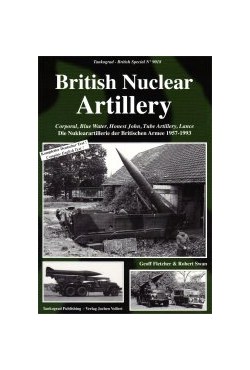

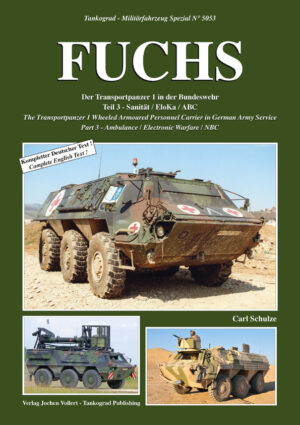
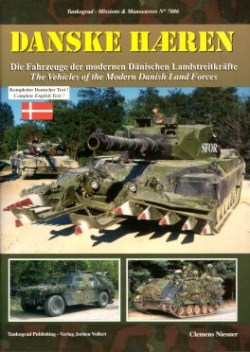

Reviews
There are no reviews yet.